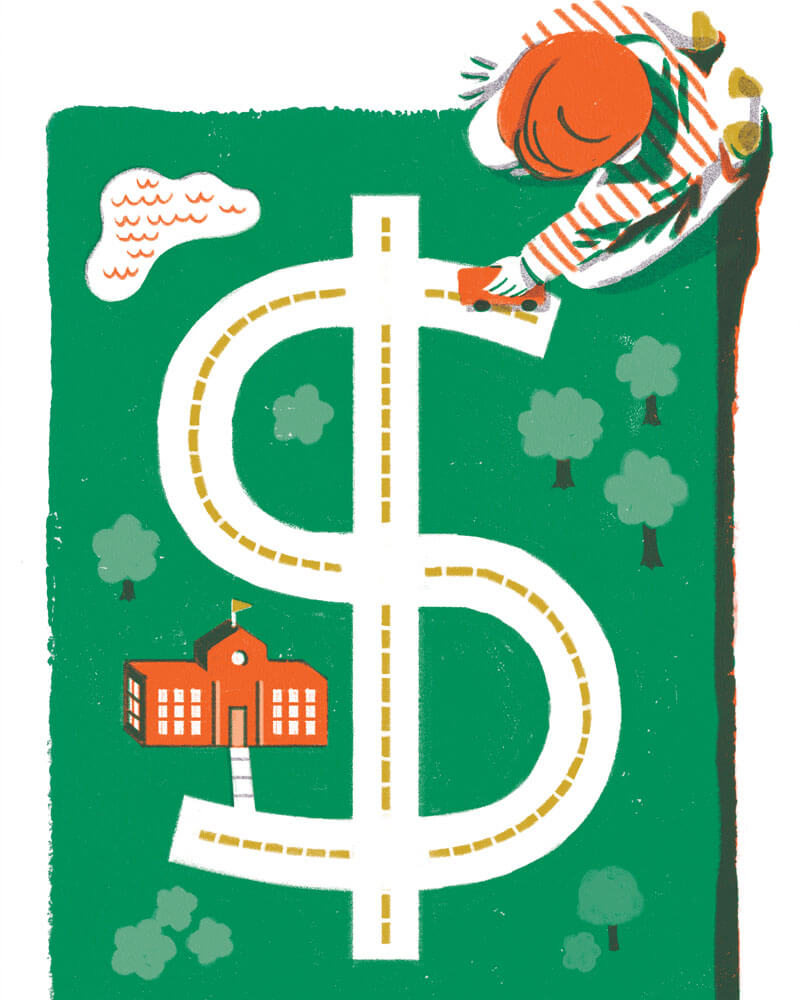The tuition always rises
Think college is costly? Try 20 years from now. Here’s how today’s toddlers can start saving
Advertisement
Think college is costly? Try 20 years from now. Here’s how today’s toddlers can start saving

Share this article Share on Facebook Share on Twitter Share on Linkedin Share on Reddit Share on Email